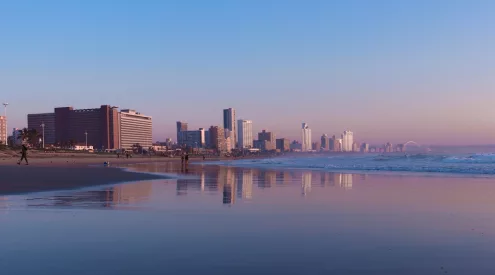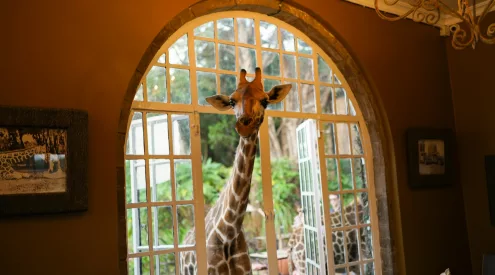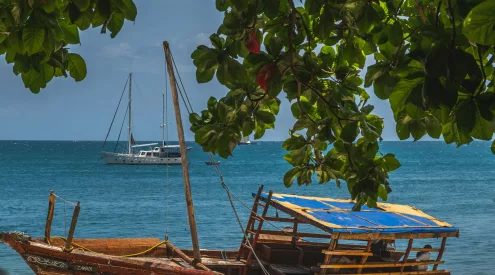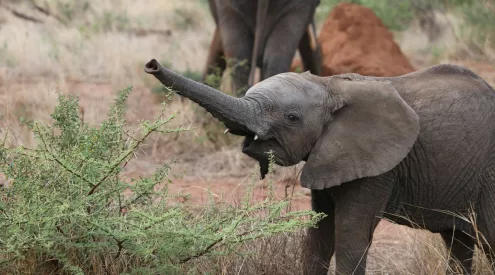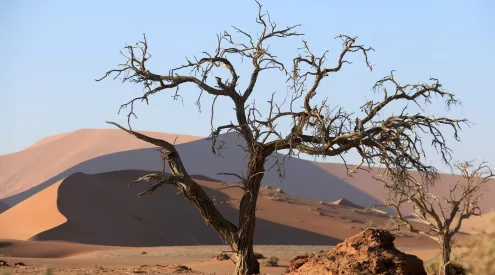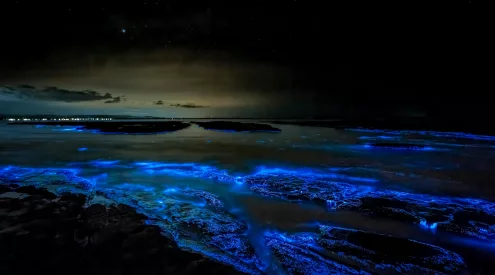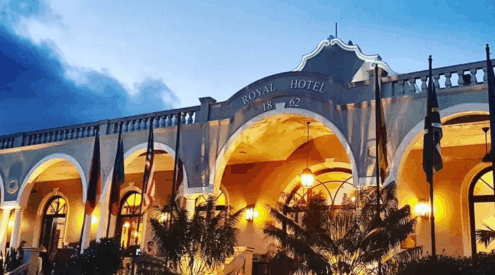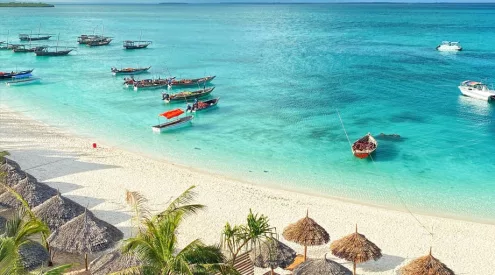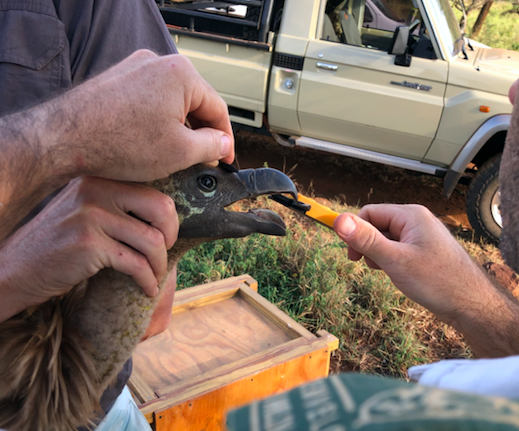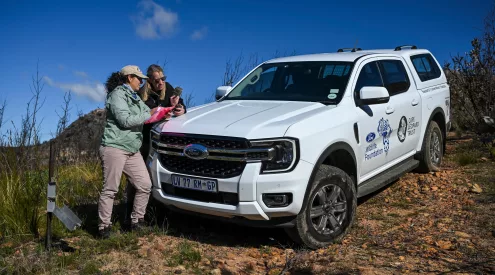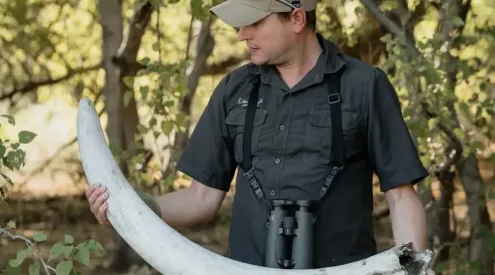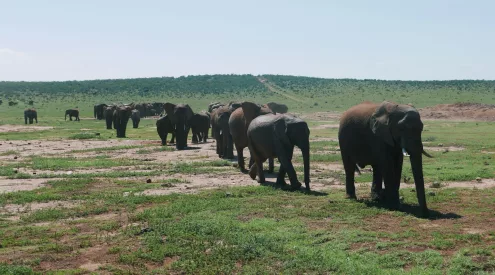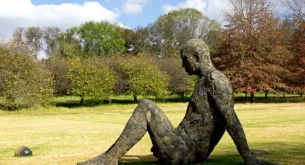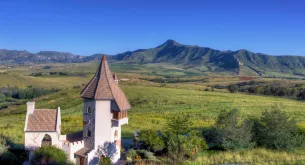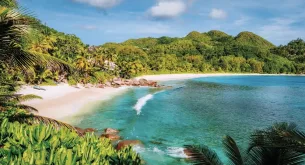Vultures may not be labelled the most beautiful birds in the sky but their role in the ecosystem is of paramount importance.
In KwaZulu-Natal, vulture populations have suffered seemingly irrevocable damage. Poisoning incidents, among other threats, have plunged African white-backed, white-headed and lappet-faced vulture numbers into a steep decline.
While COVID-19 brought the world to a standstill, vital vulture conservation work persevered. Wildlife Act, Ezemvelo KZN Wildlife, Hluhluwe-iMfolozi Park, White Elephant Safaris and Manyoni Private Game Reserve, worked tirelessly on a vulture conservation programme.
In a Facebook post, Wildlife Act detailed the program and elements of their efforts.
‘We proceeded with key elements of our vulture conservation programme, including capture for tagging, the fitment of GPS transmitters and lead testing. Vulture numbers in the region are in steep decline. The situation in KZN is no different, with numbers of African White-Backed, White-Headed and Lappet-Faced Vultures showing rapid decline.
‘Through this programme, we aim to obtain a better understanding of these birds’ fine scale habits to allow the implementation of informed conservation management decisions. In addition, it also helps us to identify poisoning events (a major threat to these populations) and respond swiftly to these, and other threats, with qualified personnel.’
The team have been working hard across Pongola Game Reserve, Hluhluwe-iMfolozi Park and Manyoni Private Game Reserve since mid-May.
‘Over this period a total of 12 African white-backed, 1 Cape and 1 lappet-faced vulture were successfully captured. These birds were tagged with patagial wing tags to allow for re-sightings by our teams and the public. In addition, a number of these birds were fitted with very light GPS ‘backpack’ transmitters, specially designed to limit impact on the birds, while providing crucial long-term movement data.
‘This information is then fed directly into the conservation strategy of the species, allowing us to prioritise conservation interventions effectively.’
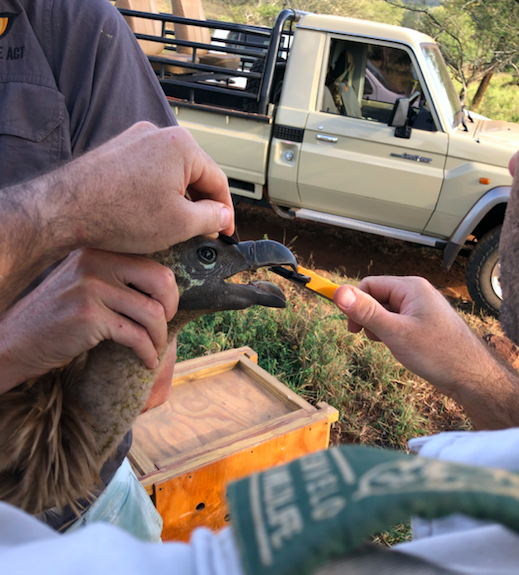
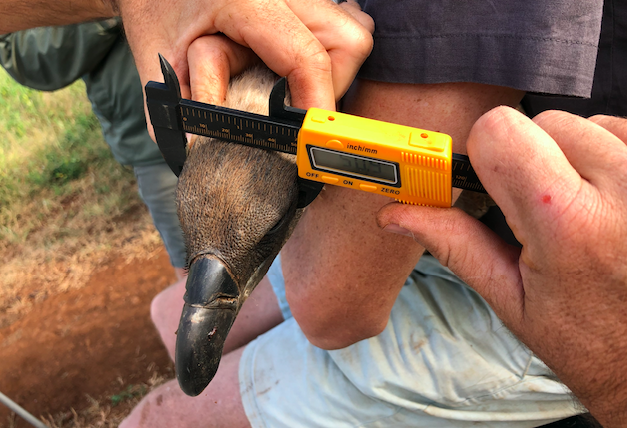
Chris Kelly, Director of Species Conservation, Wildlife ACT spoke to Getaway Magazine and said: ‘Vultures play an extremely important role in the ecosystem, cleaning up carcasses in the field, recycling nutrients and reducing the spread of disease from such carcasses.
‘Across the region, their numbers are in steep decline and in KwaZulu-Natal, this pattern is no different. KZN’s network of protected areas are spread across the landscape of mixed land use, including commercial agriculture and communal land.
‘The nature of this fragmented landscape, and the fact that vultures fly freely across it, makes it necessary to understand the species fine scale movements and to take this range of habitat and land-use into consideration in their conservation.
‘This element of our work aims to obtain a better understanding these birds fine scale movements and habits to allow the implementation of informed conservation management decisions.’
For more about the Zululand Vulture Project and reports on tagged birds, visit Wildlife Act’s website here.
Image credit: Nicola Gerrard, Love Africa Marketing

